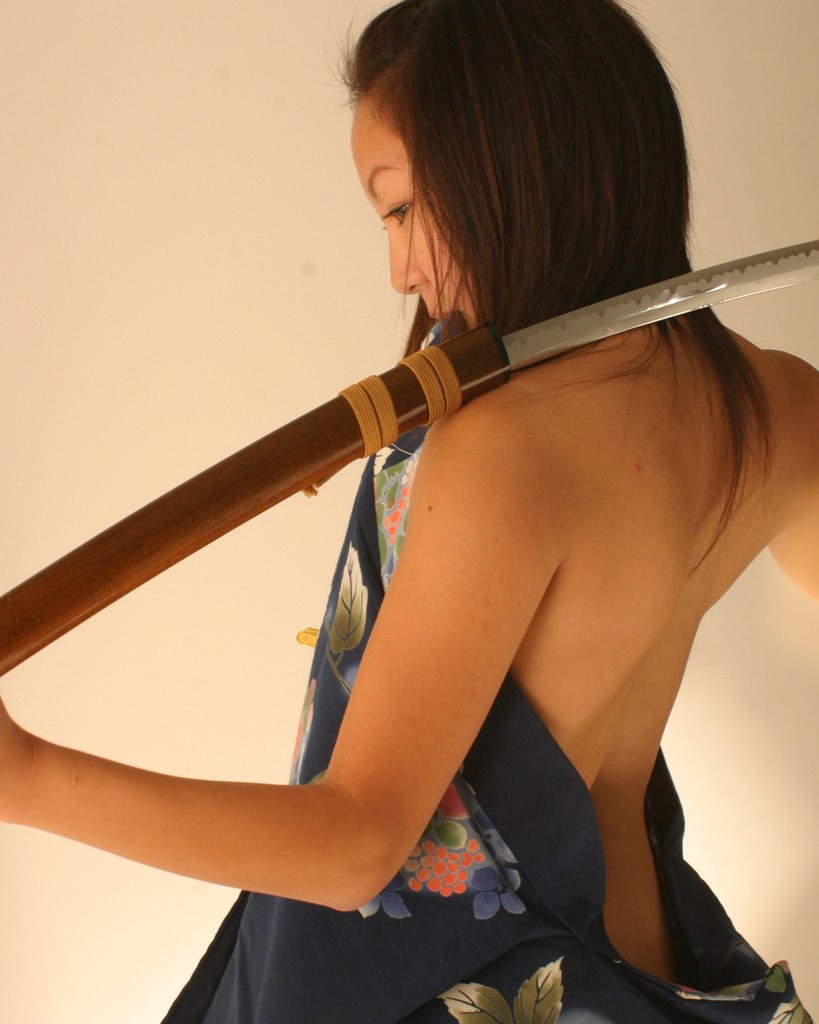Is Percussion Beautiful, Zenful?
Isn’t violence, hardness and percussiveness the antithesis of Zen?
Remember: Zen is not a moral condition, it is not artistically exclusive, and it does NOT mean relaxation – it’s simply the effortless, focused flow of energy. It can be an idyllic stream of benevolence or the violent, vengeful thrust of a knife in the gut. It exists in purest form only when active will and control disappear. The eyes remain soft and listening, free of conscience and blame.
Is percussion beautiful? This is not a Zen question but an aesthetic one.
The Percussion Section is the toy-box of the orchestrator. Many of the most magical, transcendental orchestral effects originate from the masterful use of Percussion. Can you imagine a composer being criticized for including Percussion in his orchestral creations! Yet that’s the state of pianistic critical thought.
What is Beauty in Art? Is it only harmoniousness and consonance? If so, we might as well listen only to Philip Glass. The beauty of Western Classical Music most often expresses itself through its dissonances. Harmonic dissonance balances consonance – they form an inseparable pair. And Percussion can be thought of as the sound-color equivalent of dissonance.
Is the Piano not a Percussion Instrument? Why should its most natural and instinctive sounds be so assiduously avoided? Yes, the piano is capable of transcending it’s percussive nature and sing like Caruso. Yes, the piano can be a one-man orchestra. But it’s also capable of being a 100-member Percussion Ensemble. Don’t let conservative aesthetics come between you and your instrument. (And always remember that you ARE the instrument.)
One of the basic rules of Orchestration regarding Percussion is to use it sparingly. Its colors are so striking and its effect on the ear so strong that it needs to highlight and reinforce special moments and then disappear.
Let’s look at our Prelude and experiment with Percussion. Let’s begin by orchestrating it completely for percussion using a touch I call deflection. There are two good ways to understand deflection.
First, imagine yourself as a goal-keeper defending penalty shots. (My real goal-keeper days ended at the age of eight when my piano teacher took issue with my soccer coach…) When you defend penalties against Zidane, don’t try to catch the ball – simply deflect it away. Your hands and arms remain weightless after contact.
You are both shooter and keeper. You kick the ball with extraordinary power, yet your body retains the grace of a dancer and your face remains expressionless. A split second later you deflect the ball with equal power and grace. Mutual respect reigns(provided you don’t insult his mother…).
In boxing, it’s said that if you want to hurt someone, put your full weight into the punch – it goes in deep and heavy. But be prepared to absorb part of the blow into your body. If you want to knock someone out, however, jab in-and-out with enormous speed, passing all of your energy into your opponent while remaining passive and weightless, the eyes soft.
Play the first page through a few times using full, bright, deflected, ringing forte sounds. Don’t concern yourself with shaping phrases or balancing chords. Simply ring out a chorus of bells. Timing is of the essence. Throw your energy into the keys but don’t hold onto it in the arm. Let the immediate tension bounce off you and any residual tension roll off you like water off a duck’s back.
Next, turn back to the Essay on Gloss and follow the instructions for applying Gloss Horizontally and Vertically. The results will be similar.
Learn about the most important Percussion Instruments. Develop a clear concept of each of their sounds and try to imitate them on the piano. What’s the difference between chimes and bells and the xylophone? How do you reproduce a gong or timpini or whip or snare drum on the piano? Then move beyond Western instruments and translate instruments such as the Gamelan into piano sounds. Then embrace percussive sounds from Nature.
The larger your vocabulary of percussive effects, the greater an orchestrator you‘ll become.

